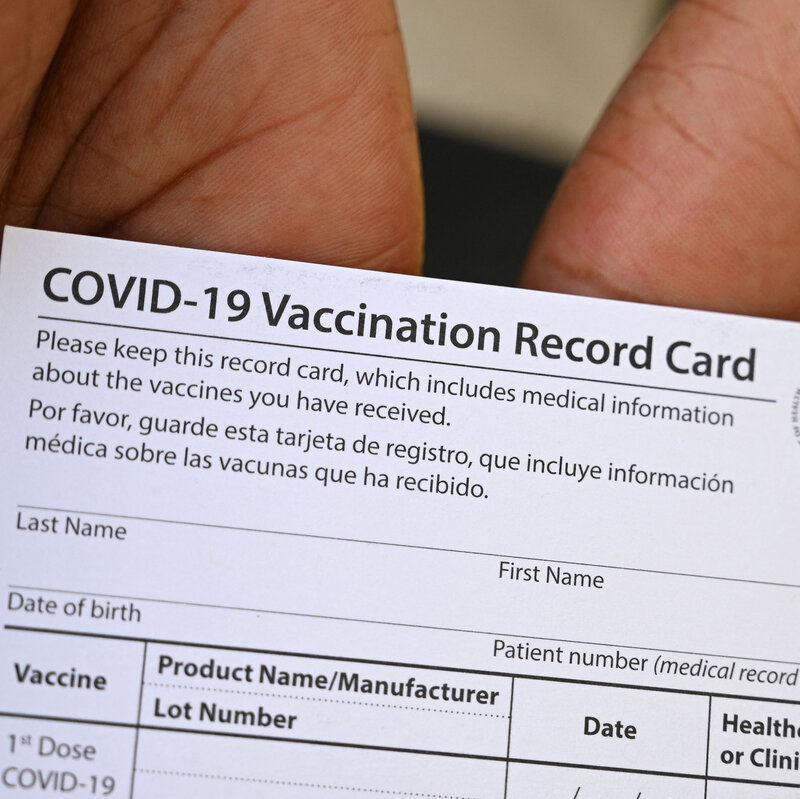Le Bled Parle News announces that several Italians’ vaccine appointments doubled from the day before in the northeastern region of Veneto. At the same time, in Tuscany, they nearly tripled, according to data.

In Lombardy, Italy’s largest region, everyday bookings rose to a whopping 17,000 on Thursday from 9,500 every day beforehand.
Subsequently, an endless number of people headed into vaccination centres where bookings were no longer necessary. “I have come because otherwise, they won’t let me work on the building site,” stated Henry Tuku, 30, a migrant on going to the vaccination site which offers free vaccines near Rome’s central station.
As of October 15, any worker who did not show evidence of vaccination, a negative COVID-19 test or recent recovery from the infection is automatically suspended without compensation.
People who neglect the decree and go to work will face a penalty of between 600 to 1,500 euros ($705-$1,175). Companies that miss ensuring their staff’s compliance with the rules will be fined between 400-1,000 euros.
“This aims to prevent a new wave of contagion and a new blockage for the Italian economy. I am pleased. We have entered a period in which democracy is forging ahead based on decisions, not chatter,” stated Vincenzo de Luca, governor of the southern region of Campania, centred on Naples on a message posted on Facebook.
Beforehand, Italy made vaccines obligatory for health workers and said school staff must have a COVID-19 “Green Pass” to work.
Most parties have supported Prime Minister Mario Draghi’s decision to extend the pass to all of Italy’s 23 million workers.
Some political groups vowed to fight it, and people who opposed it called for nationwide protests at the weekend, but it was not apparent how many people would protest on the streets. The last appeal failed the previous month when the Green Pass was made obligatory for high-speed trains.
Italy has the second-highest COVID-19 death toll in Europe, following Britain, bearing more than 130,200 people dying from the virus since the pandemic began in early 2020.
Around 74% of its 60-million-strong population have had at least one COVID-19 shot, and 68.6% are fully vaccinated, figures broadly in line with most other European countries.
{module Sur le mẽme sujet}




